New Scientist covers the latest developments in science and technology that will impact your world. New Scientist employs and commissions the best writers in their fields from all over the world. Our editorial team provide cutting-edge news, award-winning features and reports, written in concise and clear language that puts discoveries and advances in the context of everyday life today and in the future.
Elsewhere on New Scientist
Are we doing enough? • Avoiding a mass extinction sounds ambitious – but some argue it is too easy
New Scientist
A magnifying glass to the early universe
Does free will actually exist? • Quantum experiments could soon reveal if we have only partial free will, with implications for everything from religion to quantum computers, finds Karmela Padavic-Callaghan
Fossils show puzzling lack of adaptation to climate change
New technique unlocks the secrets of ancient human brains
Take a look at the sun like you’ve never seen it before
Analysis Environment • Will carbon dioxide removal ever make a difference? A lack of public and private support may stop the carbon dioxide removal industry from playing a significant role in meeting climate targets, finds James Dinneen
AI weather forecasts miss extreme storms in key test
PTSD in 9/11 responders took a decade to improve
Start-up claims qubit breakthrough • It may soon be much easier to build error-free quantum computers – but challenges remain
China’s other great walls had a very different purpose
Analysis Space • What if SpaceX’s Starship never works? The rocket has had a number of setbacks, but it is still the only option for many space missions, finds Jonathan O’Callaghan
Turning walls into cameras to see around corners
Ancient birds were nesting above the Arctic circle earlier than we thought
Hurricanes aren’t cooling off the ocean like they once did
Recreating the origins of life • Self-replicating RNA molecules may be how life began, and could soon be achieved in the lab
Humans made tools from whale bones 20,000 years ago
Medieval woman had mysteriously brutal execution
Sex, ethnicity and education can affect how fast you age
Analysis Health • Cord blood banking isn’t living up to its promise Storing stem cells from umbilical cord blood was seen as a way to protect babies against future diseases, but the benefits have yet to fully materialise, finds Grace Wade
What happened to Planet Nine? • A long-hypothesised ninth planet may exist in the outer solar system – but it had a rough start
How to make fair dice from any shape you like
Nobody is neurodiverse • The language we use to describe conditions like ADHD matters. We need to be clearer, say Alex Conner and James Brown
Future Chronicles • Water world In our latest glimpse into the near future, we journey to 2035, when undersea living became a reality for those affected by sea-level rise. Rowan Hooper tells us how it happened
Time and light
Still beyond our grasp? • A new book on quantum physics is pleasingly full of cutting-edge topics. Yet it isn’t the accessible work it promised to be, says Karmela Padavic-Callaghan
It’s not black and white • An often-playful approach to mathematical “equality” sheds light on the real-world variety, finds Sarah Hart
New Scientist recommends
A real space odyssey • The story of Sally Ride, the first US woman in space, makes for a moving, highly personal film, says Davide Abbatescianni
Your letters
Emerging Technologies Summit • New Scientist hosted a diverse and knowledgeable group of scientists, policy makers and businesspeople in London last month to talk about the world’s most exciting...
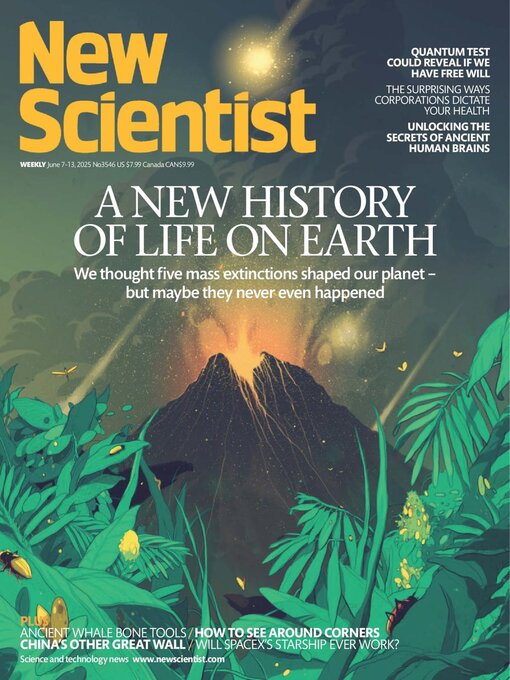
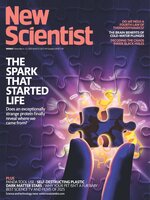 Dec 06 2025
Dec 06 2025
 Nov 29 2025
Nov 29 2025
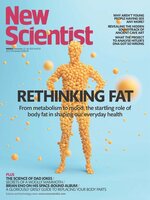 Nov 22 2025
Nov 22 2025
 Nov 15 2025
Nov 15 2025
 Nov 08 2025
Nov 08 2025
 Nov 01 2025
Nov 01 2025
 Oct 25 2025
Oct 25 2025
 Oct 18 2025
Oct 18 2025
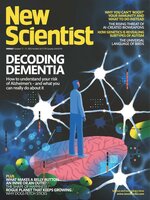 Oct 11 2025
Oct 11 2025
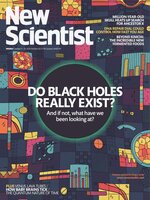 Oct 04 2025
Oct 04 2025
 Sep 27 2025
Sep 27 2025
 Sep 20 2025
Sep 20 2025
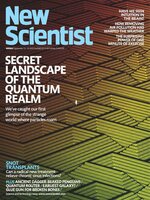 Sep 13 2025
Sep 13 2025
 Sep 06 2025
Sep 06 2025
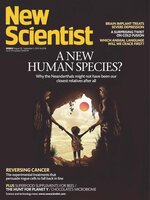 Aug 30 2025
Aug 30 2025
 Aug 23 2025
Aug 23 2025
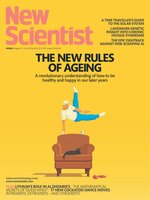 Aug 16 2025
Aug 16 2025
 Aug 09 2025
Aug 09 2025
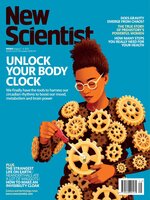 Aug 02 2025
Aug 02 2025
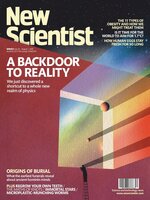 Jul 26 2025
Jul 26 2025
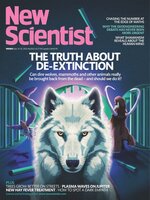 Jul 19 2025
Jul 19 2025
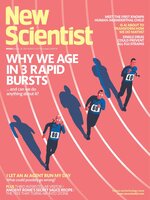 Jul 12 2025
Jul 12 2025
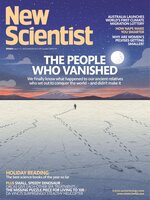 Jul 05 2025
Jul 05 2025
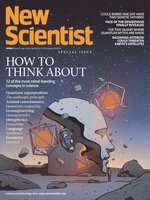 Jun 28 2025
Jun 28 2025